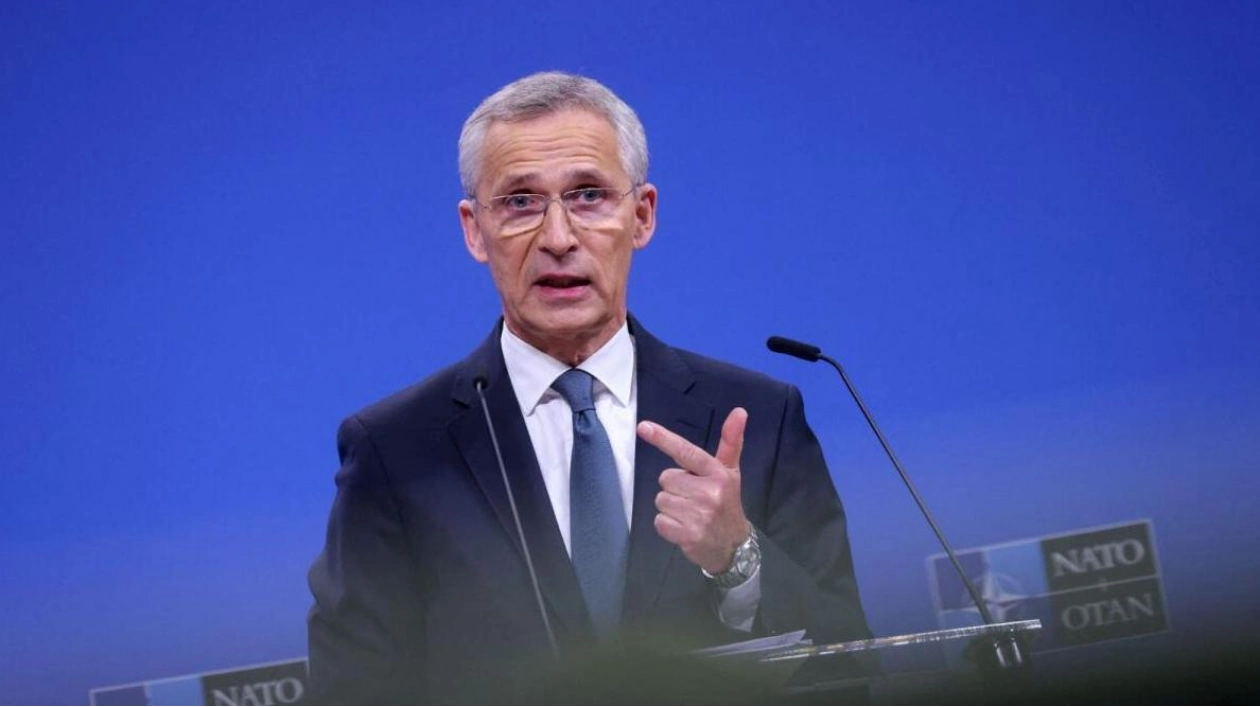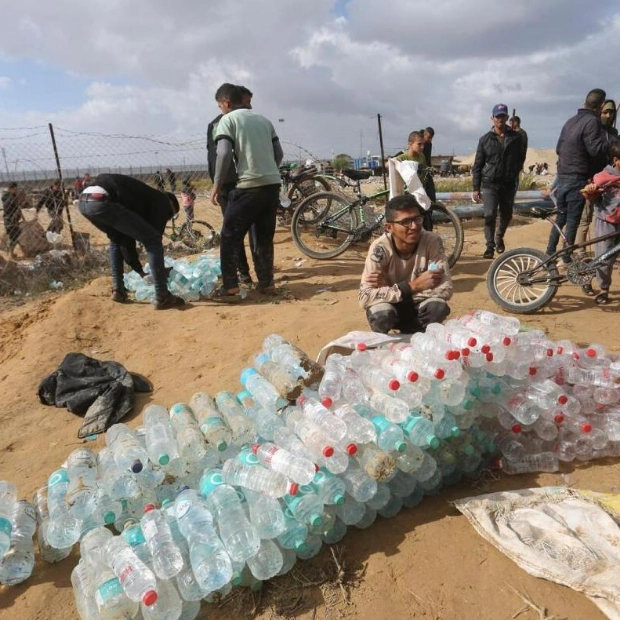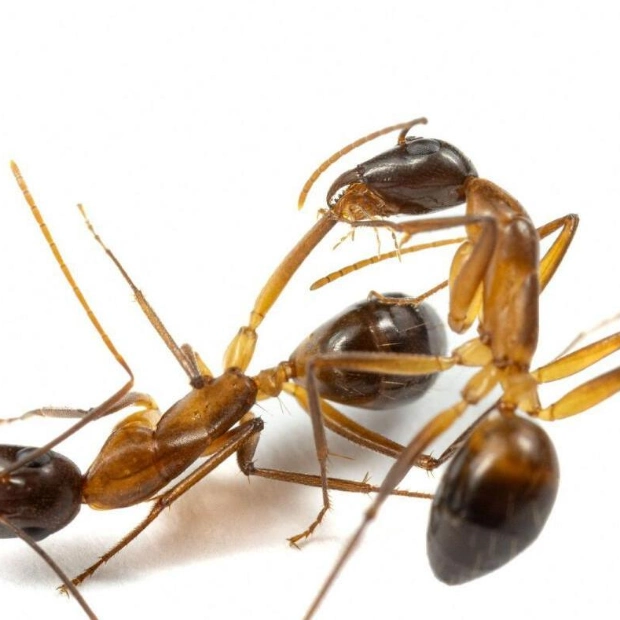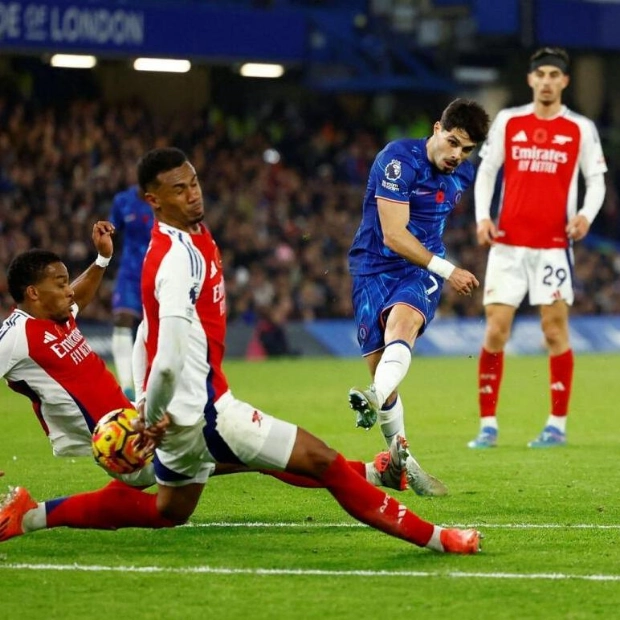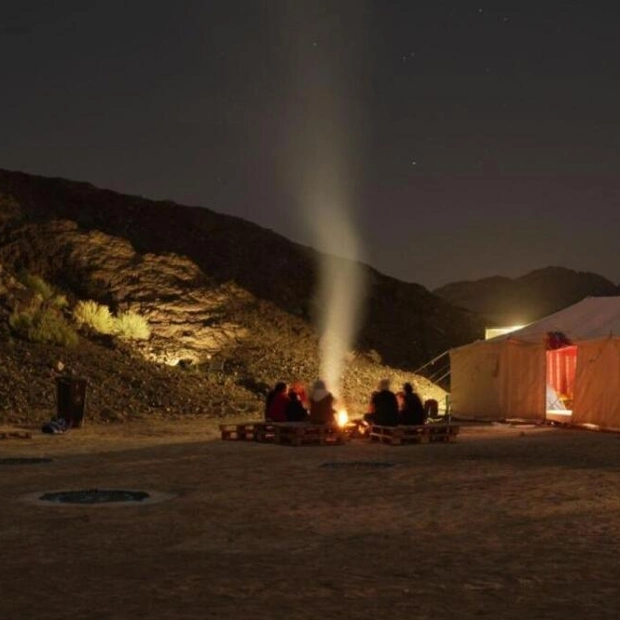NATO allies have agreed to provide 40 billion euros ($43 billion) in military aid to Ukraine next year, according to two Western European diplomats who spoke to Reuters on Wednesday, a week before the alliance's leaders are scheduled to meet in Washington.
NATO Secretary-General Jens Stoltenberg had previously requested a multi-year commitment to maintain the same level of military aid to Kyiv as since Russia's full-scale invasion in 2022, totaling about 40 billion euros annually. Although the member states did not support Stoltenberg's initial request for a long-term pledge, the agreement includes a clause to reassess allied contributions at future NATO summits, as per a diplomat.
Additionally, allies have decided to issue two reports within the next year to clarify which countries are supplying what to Ukraine, aiming to increase transparency regarding burden sharing within the alliance. The agreement stipulates that member states "will strive to fulfill this commitment through proportional contributions."
This financial commitment is part of a broader package for Ukraine that NATO leaders will endorse during the Washington summit from July 9 to 11. In June, allies decided that NATO would take on a larger role in coordinating arms supplies to Ukraine, replacing the United States in an effort to secure the process amid concerns over a second term for NATO-skeptic Donald Trump.
Following Russia's invasion in 2022, the US convened a group of about 50 like-minded nations at the Ramstein air base in Germany, which regularly meets to align Kyiv's arms requests with donor pledges. This Ramstein group will continue as a US-led political forum, but NATO will assume the military coordination role, overseeing arms deliveries and training for Ukrainian forces.
This shift is viewed as a means to "Trump-proof" the coordination by placing it under the NATO umbrella, granting the alliance a more direct role in the conflict with Russia without committing its own forces. However, diplomats recognize that this move may have limited impact, given the US's dominant role in NATO and its provision of the majority of weaponry to Ukraine. Thus, if Washington decided to reduce Western aid to Kyiv, it could still do so.
Ahead of the Washington summit, allies remain divided on whether and how to reinforce NATO's stance on Ukraine's potential future membership. NATO's official position is that Ukraine will join the alliance someday, but not during the ongoing war. At last year's Vilnius summit, leaders declared, "Ukraine's future is in NATO." Some allies advocate for strengthening this language, proposing that the summit affirm Ukraine's path to membership as "irreversible," according to diplomats.
